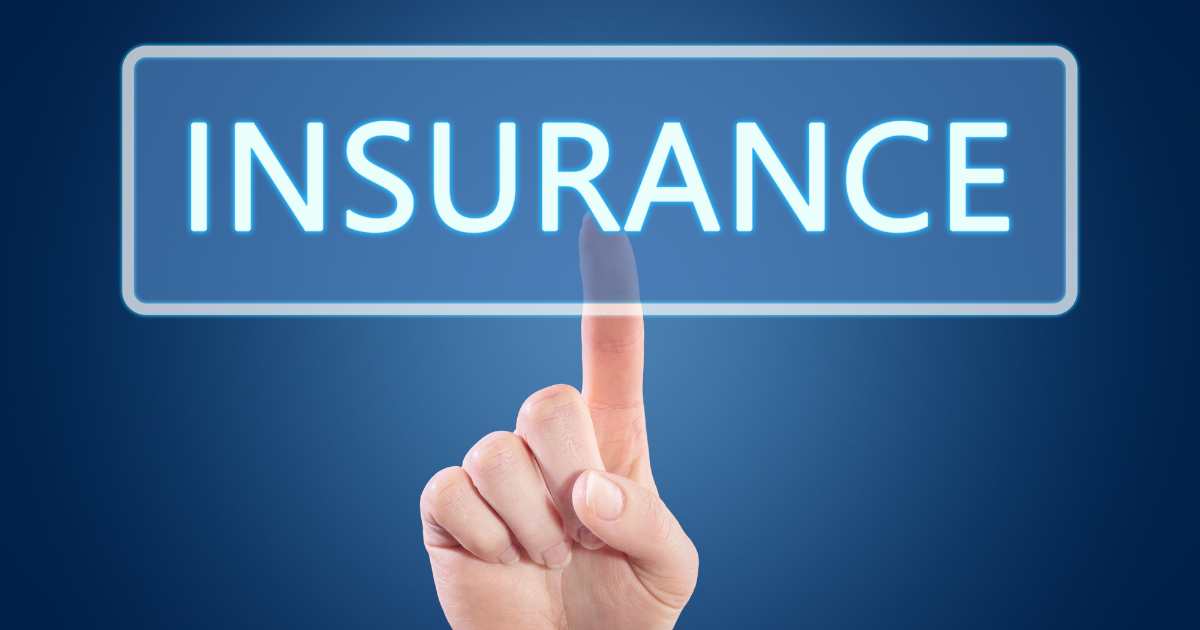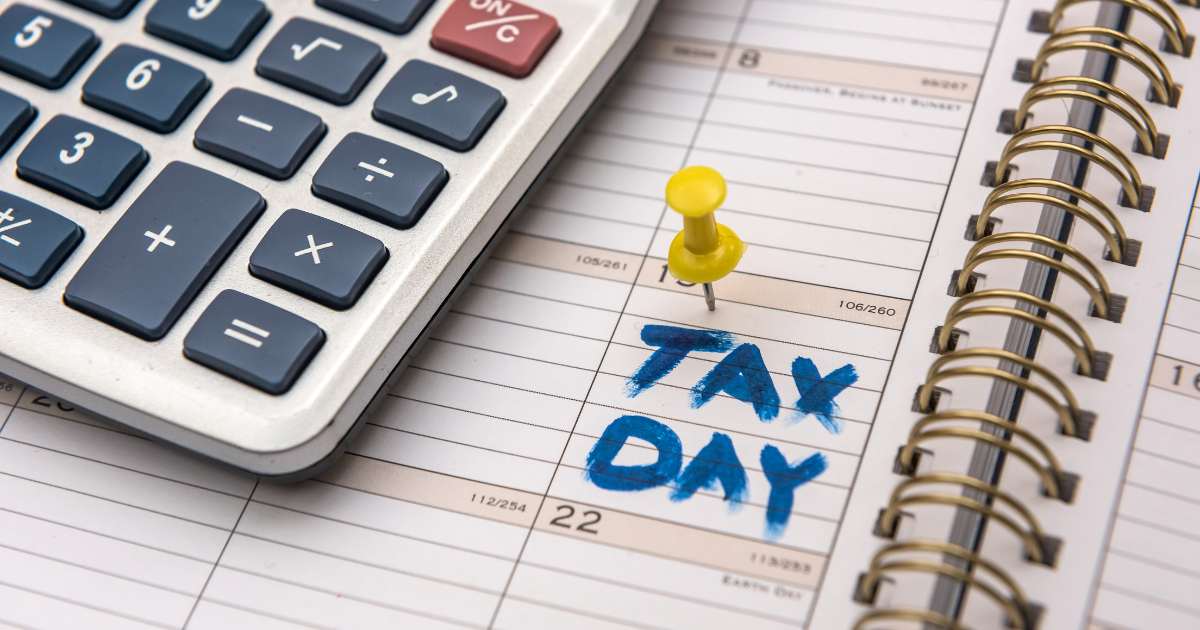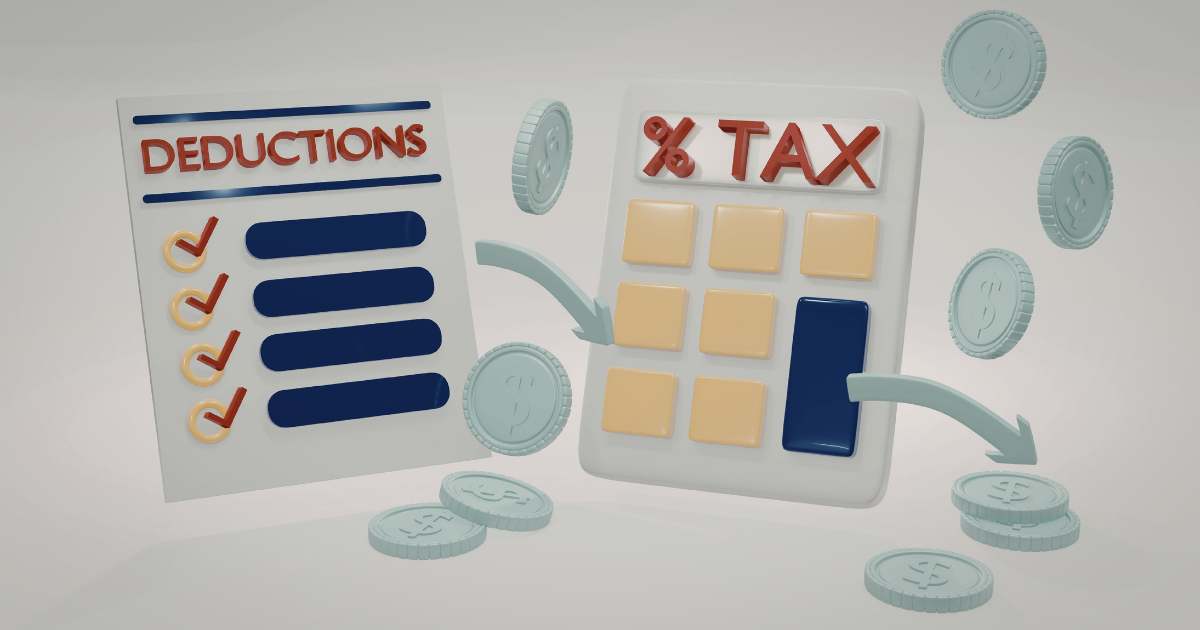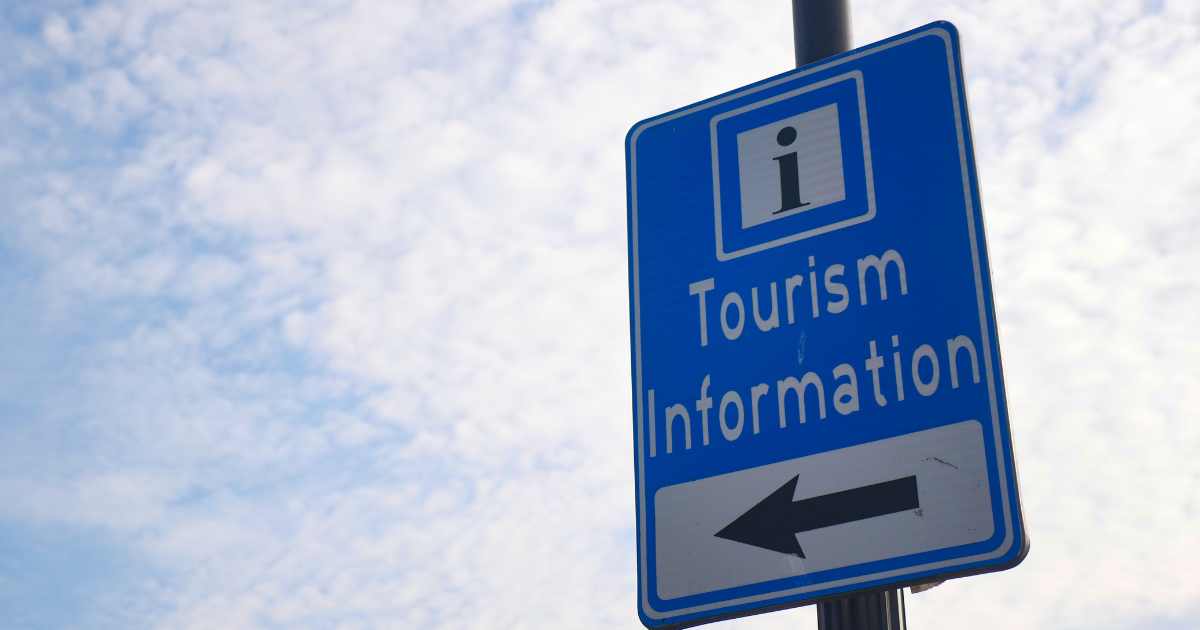
When running any business, you need business insurance. There are many types of insurance options available, but it’s up to you to identify what your business needs are and pick the cover that works best for your budget and business.
Business insurance is also known as commercial insurance. It helps protect your business from losses that happen unexpectedly. These can include lawsuits, accidents, or natural disasters. It can also cover you in the case that a business loses reputational value because of you.
As a small to medium enterprise (SME), you need business insurance to keep you covered and safe. In this article, we look at the elements you need to know about.
1. Industry-specific Business Insurance
When choosing your insurance, you might want to consider a cover that is specific to your industry. Many business insurance platforms have an industry-specific cover that is tailored for different sectors.
Some examples of industry-specific insurance include:
- Industrial Insurance: This type of insurance covers businesses in the industrial sector. This includes construction, steel, and other heavy industries.
- Mining Insurance: There are 157 surface mines and 147 underground mines in South Africa. For this reason, there is cover tailored for mining businesses. It covers mining equipment, property around the mine (including underground), workmen’s compensation, and liability cover.
- Business Income Insurance: This type of insurance covers the loss of business income in the case that you can’t operate because of challenges. This type of insurance can cover things such as fire, theft, and wind. If you take out a business income cover, it can be extended to protect your business from a slowdown after you reopen.
- Retail Insurance: This cover provides insurance to retail businesses. It helps protect the business from risks that can range from property damage to legal liabilities. Retail insurance can cover any structural damages to your store, liability, stock and store contents, business interruption, and legal protection.
- Transport Insurance: This type of insurance is tailored for businesses that provide transport services. This includes couriers and movers. This insurance is important because there are many risks in the transport industry. Your vehicles can break down, be involved in a car accident, or be hijacked. If you have a moving company, the insurance can also help you in the case that the customer’s goods get stolen.
These are just a few examples of industry-specific covers. You will need to find the right type of insurance for your business.
2. Legal Requirements
In South Africa, there are laws that govern what business owners need to do. According to the Unemployment Insurance Act, all employers and employees must contribute to the Unemployment Insurance Fund (UIF).
This will ensure that when an employee becomes unemployed, they will get financial assistance for up to 26 weeks or until they find a new job.
What Can Insurance Help With?
Getting business cover can help you in tight situations. Let’s look at the business risks insurance can cover the following:
- Property and Accident Cover: By taking out a property and accident cover, you can avoid paying hefty fines for damages. If the fault is on your employees or you, the insurance will cover you. You can use the money from the cover to repair the damages.
- Liability Claims: If a customer is wronged, the liability cover will help pay the damages. It can also help if someone gets injured at your store and your business is found liable. Crisis and reputation cover helps you in the case that your business’ reputation is in jeopardy.
- Cyber Insurance: Now that everyone is using technology, its important you have insurance to protect your data and your customer’s data. Standard Bank has commercial cyber insurance that protects your business’ data and system operational capability. The insurance will protect you from privacy breaches and network security breaches.
Business Insurance Claims
When you claim for your business, you need the claim to be approved and paid out quickly. Most business insurance platforms pay out quickly, as long as the claims application is filed properly.
To begin the claims process, you must contact your insurance holder or put the claim onto their client portal. Platforms like Santam and Old Mutual SMEgo have online portals where you can submit your business insurance claims.
3. Report the Incident to your Insurer
If you get into an accident (road and others), you need to report the incident. Reporting involves telling the police (if a road accident) and your insurance company. To ensure your report is comprehensive, you must have photos of the accident scene, and details of any witnesses, Then, you send it to the insurance company to begin the claim.
Some insurance companies will assign a consultant to help you through your insurance journey. The consultant will also help you with claims and insurance payouts.
These are just a few tips for business cover. If you are an SME owner you need to invest in business insurance. This will help protect you in any instance and in any situation.
For more information about business insurance platforms for SMEs, visit the SME South Africa website.





